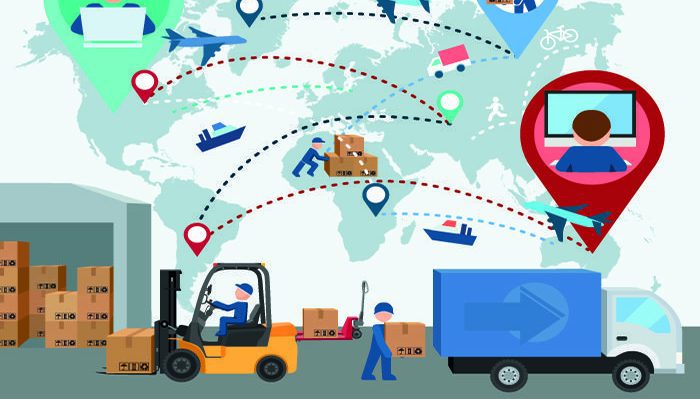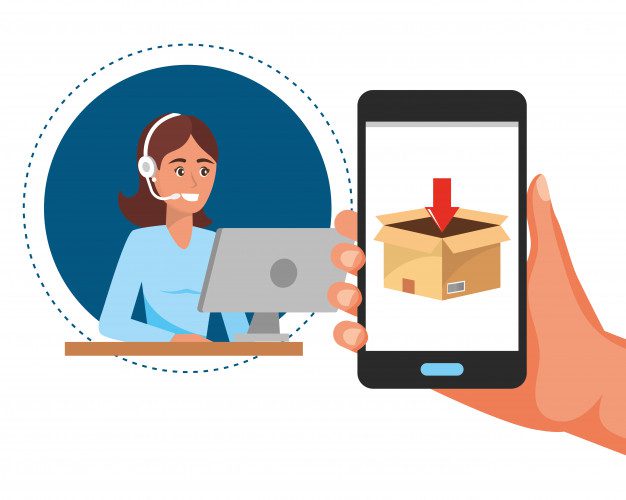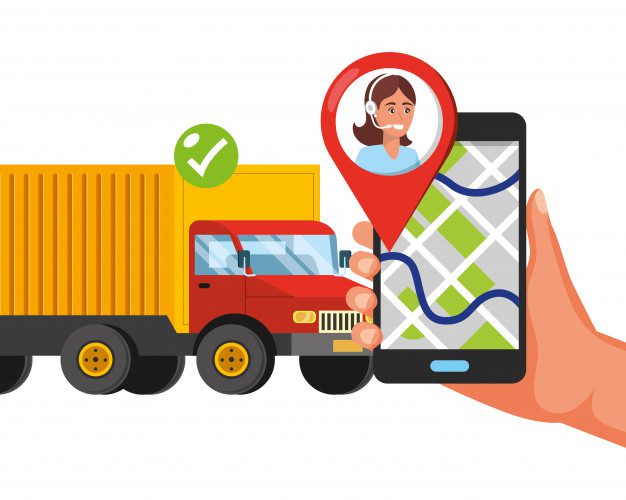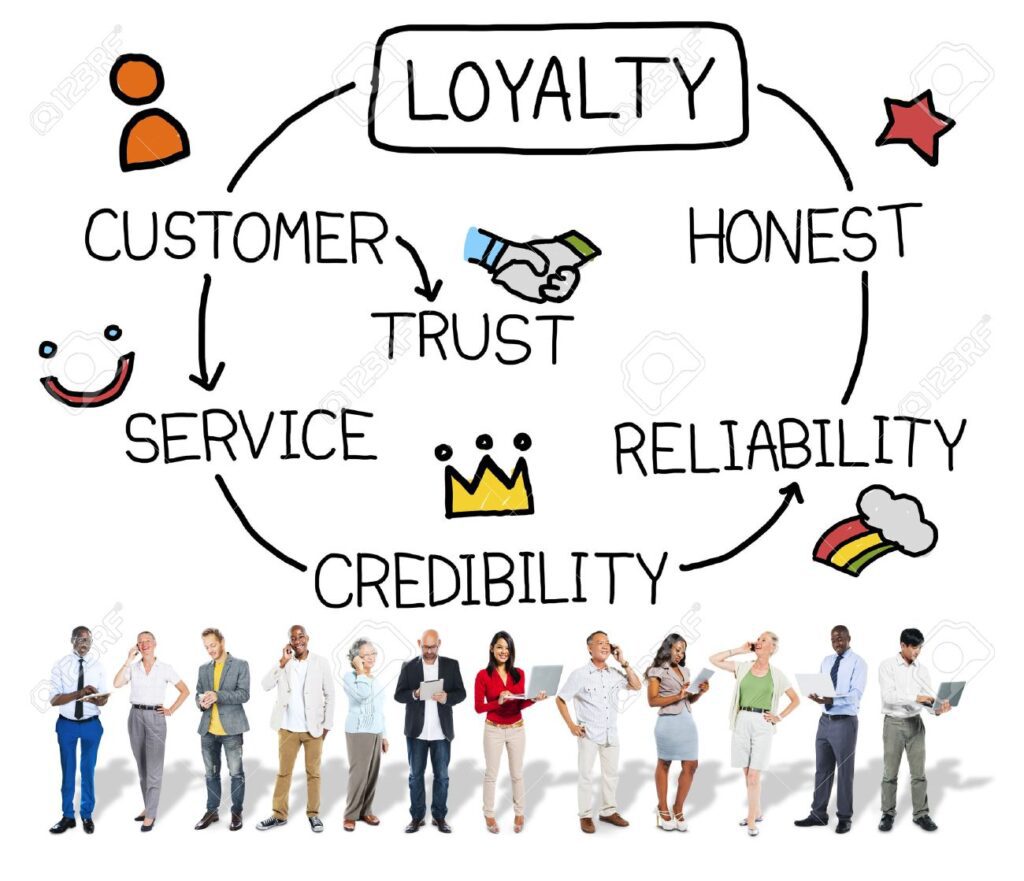13 Impressive Ways To Improve Your Customer Services In Logistics
Table of Contents
Providing Good Customer Services in Logistics Industry
What exactly defines good customer service is a relevant question. In simplistic terms, good customer service implies showing respect and value for the customers, and for their demands, needs, and queries. Greeting the customers by their name creates a more personalized connect and experience. It creates more openness and shows that brand is willing to adapt and make a few adjustments to meet the needs of the customer.
Respecting the customer’s time and schedules shows that the brand is considerate and empathetic towards the customer’s situations, and cares, and is not selfishly invested in simply monetary gains. Convenience is primary in today’s fast-paced world. In the business world, customer service provides that ease and convenience to the consumer. Customer service is one of the best ways to show that the business is committed to providing that ease and convenience to the customer.
There are some key points to keep in mind when providing good customer services in logistics.

1. Prompt Communication helps to Build Trust
Trust is at the core of all relationships. And so is communication. Communication and trust are entwined. When a client receives prompt communication, and all information without delay, even if it is bad news, then it helps to establish trust. The customer realizes that they can trust the brand at all levels, in every aspect of their relationship with the business.
Communicating every development and movement, and updating the clients at different stages of their logistics experience is imperative. It creates a closer connect and enables the client to know the company more thoroughly, thereby enabling trust. Advising a client of an unprecedented delay or change of schedule may seem like a negative. However, this is not so. It is good business practice to communicate the delays and schedule changes to the customer, as it enables them to make adjustments to their own schedules. Whether dealing with inbound logistics or outbound logistics, good channels of communication are a must, and need to be maintained constantly.

Customer Services in Logistics
2. Speed and Timely Action and Solution is key to Good Customer Services in Logistics
Speed is not only important in quick and prompt delivery of goods. It is also crucial in communication. How quickly customer inquiries are responded to, help in building trust and providing a good customer experience. In the modern logistics industry, it is not fast delivery of shipments alone that is needed. It is also about how fast information and updates are delivered, and how promptly and speedily queries are addressed. Good customer services in logistics depends on both, prompt and speedy delivery and prompt and speedy communication.

Customer Services in Logistics
3. Consistency Of Action and Interaction is Crucial to Good Customer Services in Logistics
Consistency in communication with customers is crucial to customer services in logistics. Responding and providing the customer with answers, even when the brand doesn’t have clarity on the answer, is imperative. It is not a wrong practice to give the most appropriate answer possible, and explain to the customer that the brand is looking into the matter, and will get back to the customer with the complete answer soon

Customer Services in Logistics
4. Honesty is the Best Policy in Good Customer Service
Honesty and integrity are the foundation of a good character, good society and good business. Likewise, Honesty and Integrity are the foundation principles for any logistics
company. Honesty from the start means that the brand imbibes and presents the following qualities as part of all the services provided:
Providing Honest Information with Nothing Hidden.
Communicating promptly is not enough to build a relationship of trust and solidarity. To earn the loyalty and goodwill of the customer, the communication must also be honest and transparent at all times.
100% transparency of the company’s knowledge base and abilities, including knowledge of all relevant laws and regulations of any countries or regions they are operating in, creates a bond of trust between the customer and the company.
Consistency and accuracy of all important data or information, and sharing of that information with the customer, wherever that action does not breach confidentiality or data protection laws, empowers the customer service and enriches the customer experience.

5. A Process to Empower Employees with Continual Learning Platforms Enriches the Customer Services in Logistics
The real assets of the logistics industry are not distribution centers, warehouses and trucks. The real assets of a good logistics company are its staff. A well trained staff at every level, from sales to warehouse, manager to accounting staff, helps to improve customer service at all levels.
Technological support and growing technological dependency is an integral part of an industry that is constantly shifting and evolving. With new technological advancements on the horizon constantly, continual learning and an updated and trained staff is of utmost importance.
Process of Learning can be structured in multiple levels:
- Training for new
- Ad hoc training on new processes or systems, or on any changes or technological updates.
- Scheduled team training to share experiences and
- Specialist off-site training wherever relevant.
Learning and training can be customized according to the needs of the logistics department. Services of trained team members who can deliver any training wherever possible, or specialist training providers where needed, can be engaged for the purpose of providing training.

6. Methods Emphasizing Continual Learning Process
In the ever evolving Logistics industry, new experiences and new learning opportunities arise every day. The trick is in incorporating these new learning opportunities into a training and learning model.
Regular team meetings are a great method to emphasize continual learning. Daily meeting of the whole team to discuss problems encountered in the day or solutions learned, which can benefit the company as a whole, is a good practice, if possible. If not possible, then targeted meetings of separate teams are also of great benefit.
Weekly meetings is a good alternative to daily meetings. Weekly meetings allow time for reflection and review, to identify problems and to brainstorm solutions where needed.
In case of new employees, who are beyond basic training, partnering the new worker with an experienced employee provides a good training platform to the new employee. The new employee can learn more in a week with someone who has been working on field, than in a month, if left on their own. Sessions led by experienced team members in each area of operations, helps to give a fuller overview.

7. Minimizing Customer Touch Points With Customer Care Team
Too many cooks spoil the broth!” In terms of ongoing and long term clients, ensuring they have access to minimum number of contact points possible, helps to avert confusion. Good customer service is about building relationships. Consistency is important. When a customer speaks to different staff members every time they contact the brand, then that relationship of trust and openness becomes fragile.
Assigning one staff member to handle the customer throughout the interaction, is important. And assigning one other as backup. That staff member may go and meet the customer if possible. Minimal touch point helps to instill confidence in the client and build a personalized customer relationship.
8. Methods of Minimizing Customer Touch Points
A most annoying situation for customers is complicated email chains with multiple recipients. Customers appreciate and want to be apprised of all aspects of their contract, along with the necessary follow ups. However, an email that has bounced between multiple staff members, ends up confusing and irritating the client.
Isolating internal communications from customer emails, helps to keep the communication structured. Wherever there is information from internal mail that needs to be sent to the customer, move it to the separate mail to the client.
The use of good email systems, both internal and external, ensures that messages reach the right recipient, through the system of automatic routing. Having efficient communication systems at every level of the business helps to ensure good customer services in logistics.
9. Benefits of Multi Communication Channels
Using multiple channels of communication is another way of improving customer services in logistics.
Live Chat, Brand Website, Facebook or other social media, are a few of the communication channels. Installing a business SMS service is a great option for sending updates in real time.
Having all these channels open to the customers and the company staff means that customers know they can always get in touch, via one of these mediums.
10. Unifying All Communication into a Single point Reference Inbox
Establishing a multi-channel communication poses a challenge for potential confusion. Hence, the solution is to unify all the communication channels. There are innumerable business software packages available, which bring all the different communication channels together in one single inbox.
Opting for such a software package, and unifying all communication channels, implies that irrespective of the number of platforms of communication, there is a single point of reference inbox for all communication. This naturally makes all communications easier to audit.
11. Quality Customer Service is Memorable Customer Experience
In logistics industry much of the services and support services provided, are invisible to customers. The trucks, warehouses, or most of the staff is hidden from the sight of the customer. Hence, providing a positive customer services in logistics, to enrich the customer experience, is essential.
Customer services in logistics is the most visible part of the business. Making it efficient and memorable adds value and profits to the business
12. Evaluating Hiring, Retention and Turnover
Change is the only constant. In the long term, some employee turnover is inevitable. People may relocate, move from the area or decide on a new job or career. There is not much that can be done as regards retention for this group or employee profile. Approximately 20% of new employees leave in the first 45 days. This is due to a variety of reasons. Some of these reasons can be addressed by the company, and others, like the job profile not being as expected by the employee, cannot be addressed.
It is always advisable and a good practice to look at the results of the most important HR metrics, and evaluate them. Wherever turnover appears to be unnaturally high, holding exit interviews to identify any issues and addressing those problems, helps the overall employee retention.
Good HR policies and promptly addressing any problems, encourages better employee retention levels. It also advisable to stay abreast with regard to any salary changes within the industry. Keeping the salary levels comparable to peer businesses is an advisable practice to enable employee retention. A good Human Resource, HR, department keeps up to date with anything that may lead to an increased turnover, and addresses it.
13. Introducing Product Cost Management (PCM) for Effective Logistics
Establishing good Product Cost Management (PCM) processes helps to monitor every stage of the logistics chain, from receiving the raw material or goods from the point of origin, to picking orders, to transportation management of getting the goods to their destination. This helps to reduce costs, and increases efficiency, eventually helping to maximize profits.
Product Cost Management software are a great help with regard to management and monitoring processes in logistics, which eventually leads to establishing good customer services in logistics.





